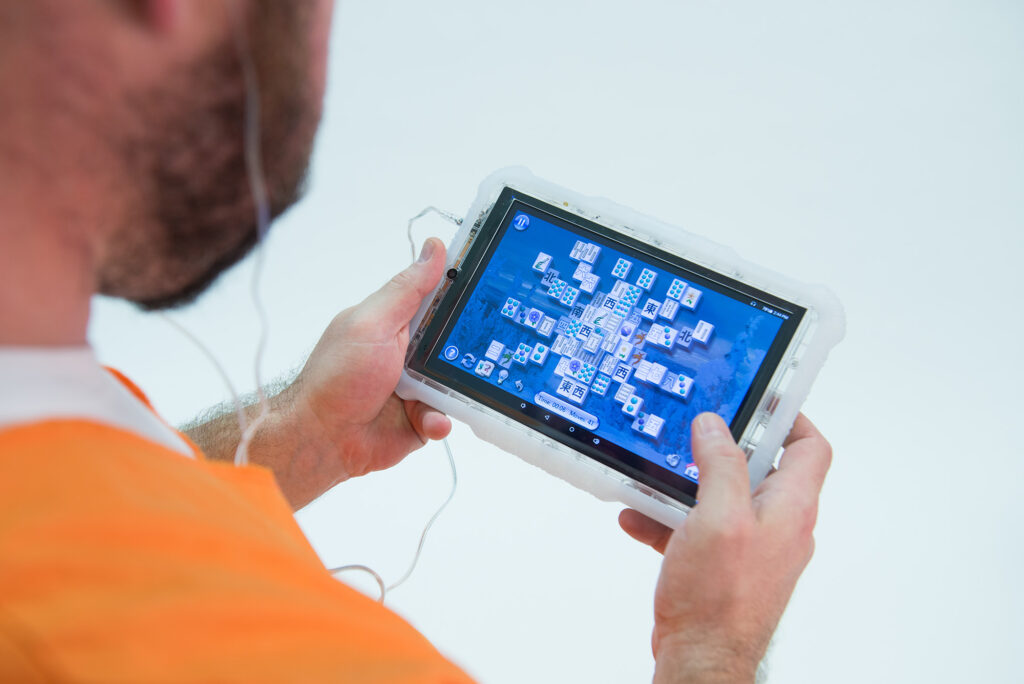
Across the U.S., bulky tablets encased in plastic have become a staple in prisons and jails, offering limited online access for calls, messaging, and entertainment. While these devices are touted as a way to enhance inmate communication and provide educational content, they come with steep costs for services beyond basic features.
In July, the Federal Communications Commission (FCC) voted to reduce the fees for prison phone calls and set price caps for video calls, with new regulations set to take effect next year. The changes will slash the cost of a 15-minute phone call from over $11 to a maximum of 90 cents, saving inmates and their families an estimated $386 million annually. The new rules also ban site commissions, which gave correctional facilities a cut of phone call revenue.
However, the FCC’s regulations do not extend to other services provided through prison tablets, such as e-messaging, music, ebooks, and movies. These services remain expensive. For instance, in St. Clair County Jail in Michigan, inmates pay $5 a month to rent a tablet, $4.20 for a 20-minute phone call, and up to $12.99 for a 20-minute video call. E-messages cost 50 cents each, plus additional fees for attachments and a $3.75 transaction charge.
Despite the FCC’s new rules, facilities can still earn revenue from tablet programs, including e-messaging and entertainment. Securus Technologies and ViaPath Technologies, the two leading providers, argue that their tablet programs offer valuable services and improve the prison environment. Critics, however, claim these programs exploit incarcerated individuals, who have no choice but to pay high prices for these services.
Tray Proch, who served a sentence in St. Clair County Jail, highlighted the financial burden of these tablet services. With physical mail banned to prevent contraband, Proch was forced to use the tablet’s e-messaging feature, facing high costs for basic communication.
As a result of the new FCC rules, facilities like St. Clair County will have to lower the cost of phone and video calls but can continue profiting from other tablet services. Proch and advocacy groups are challenging the jail and Securus, alleging that the policies were designed to push inmates toward paid services.
In Colorado, where prison phone calls are set to become free under a new state law, the Department of Corrections recently introduced a Securus tablet program that charges for messaging and entertainment. Similarly, New York City, which made jail phone calls free in 2019, now allows Securus to offer premium content through tablets, with movies costing between $2 and $25 and subscriptions for a “gold package” of movies and TV shows at $21.99 per month.
Tablet programs also help correctional facilities offset revenue losses from reduced phone call charges. For example, Connecticut’s expansion of its Securus tablet program generated $1.1 million in commissions in 2022 and 2023, up from $220,000 in 2021. The funds are used for inmate programming.
In contrast, San Francisco has implemented a free tablet program providing educational and entertainment content funded by the city’s library system. Inmates like David Thornton appreciate the program for its positive impact on mental health, criticizing high costs for additional services as unfair.
The debate over prison tablet programs reflects broader concerns about the commercialization of inmate services and the financial pressures faced by correctional facilities.







